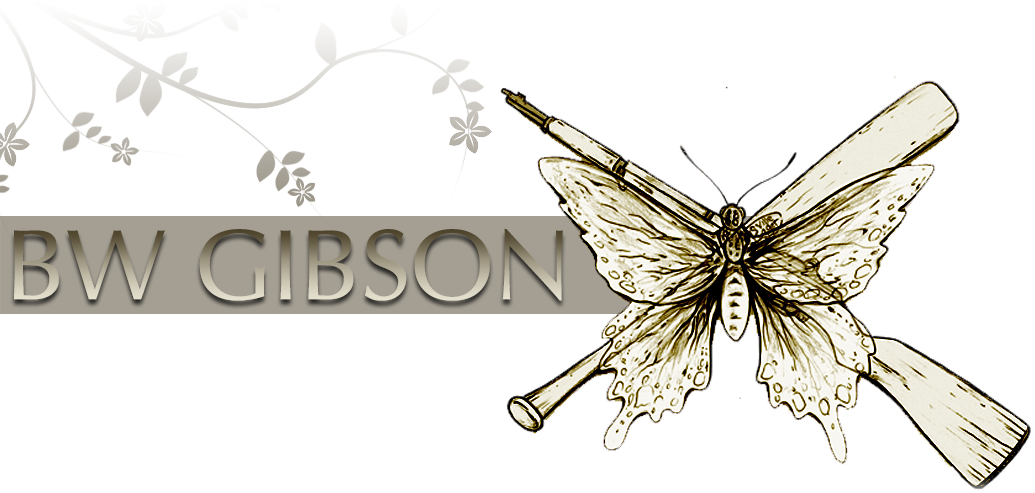The following are song lyrics I wrote to a march-style song honoring the four main branches of our United States Military. These are shown in Book 3 of my Extra Innings trilogy “A Hero Among Thieves.” In the early 1950’s, character Billy McGee joins the USAF and is eventually sent over to Korea. His initial inspiration of how each branch function inspires him to write this song he calls “Military March.” I thought since today was Veterans Day, I would share this with everyone.
I wish everyone a blessed Veterans Day as we reflect on the brave and honorable men and women who have given their blood, sweat and tears to preserve freedom. Thank You!
“Military March”
One: Hail Hail
Many: Hail Hail
One: Army march the land
Many: Army march the land
One: The enemy is on our back
Many: The enemy is on our back
One: But strong and united we stand
Many: Strong and united we stand
One: Hail Hail
Many: Hail Hail
One: Navy march the seas
Many: Navy march the seas
One: The enemy’s approaching fast
Many: The enemy’s approaching fast
One: But we’re tested and built to last
Many: We are tested and built to last
One: Hail Hail
Many: Hail Hail
One: Air Force march the skies
Many: Air Force march the skies
One: Though the enemy may try
Many: Though the enemy may try
One: Victory is on our side
Many: Victory is on our side
One: Hail Hail
Many: Hail Hail
One: Marines march the scene
Many: Marines march the scene
One: The enemy is everywhere
Many: The enemy is everywhere
One: But all as one we will not fail
Many: All as one we will not fail
Written by B.W. Gibson (Brian Gibson) 2007
As seen in Extra Innings: A Hero Among Thieves
